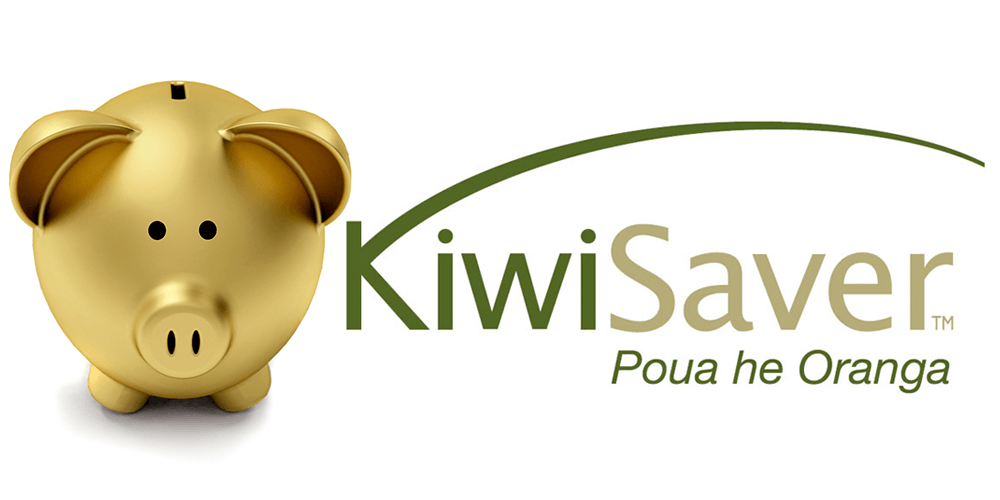Millions of kiwis are members of KiwiSaver, but there are still some misconceptions about what it is and how it operates. Here we will talk about some common myths and misunderstandings about KiwiSaver and debunk them.
1. It’s only for older people to save for retirement
While KiwiSaver was designed to make saving for retirement easier, you can also use it to buy your first home. It is good to start saving as early as you can, as you could get a higher return at the end due to compounding interest – essentially earning interest on your interest.
2. It’s only for those who work
You do not need to be employed to contribute to KiwiSaver. You won’t be getting the employer contribution, but you can still get the government contribution. Putting as little as $20 per week into your KiwiSaver account would get you $520 of government contributions with $1040 of your own savings.
3. I could lose all my savings if the provider goes bankrupt
KiwiSaver schemes are trusts which are set up in your name and the assets held in trust for us are entirely separate from the provider. Your money is safe, as the providers simply manage your money and they do not own your assets. If a KiwiSaver provider were to go into bankruptcy, your money in KiwiSaver would be protected as it cannot be used to cover their debts.
4. All funds are the same, it doesn’t matter which one I choose
There are hundreds of different funds available categorised as Conservative, Moderate, Balanced, Growth, etc. which are managed by various fund managers. Different KiwiSaver funds invest in different types of asset classes, with ‘riskier’ funds having larger proportions in growth assets when compared to a more Conservative fund. There is a KiwiSaver fund for everyone, but make sure that you pick the right one for you.
5. If my KiwiSaver balance drops, I should switch funds and stop contributing
Stopping your contributions could actually cost you a lot of money in the future, but it depends on your situation. Fluctuations are a natural part of investing, especially if you are investing in a more high-risk KiwiSaver fund. Switching to a more low-risk fund to avoid further losses is a common mistake as when the market recovers, you could miss out on the higher returns.
KiwiSaver is a long-term investment scheme. Just because the current returns might be low or even negative, it does not mean that you should stop contributing. When returns are negative, you are only experiencing real losses from your investments when you withdraw your money over that time. To not miss out on higher returns in the future, you should not stop contributing to KiwiSaver.
6. I should stay in the Conservative fund because it’s safer
You will usually be placed in a low-risk default fund when you first sign up to KiwiSaver. This would probably be the Conservative fund, and it won’t be the most suitable fund for everyone. If you are someone who is investing for the long-term, maybe you can ride out the volatility in the market by investing in a ‘riskier’ fund which is expected to give you higher returns, such as the Growth fund. It is important to be in the right type of fund as you could be missing out on significant returns by staying in a more low-risk fund.
7. Getting KiwiSaver advice is too expensive
Getting advice on something important such as KiwiSaver should not be too expensive or time consuming. There are plenty of advice and digital tools available to help you be more confident on your investment plan. This is what we do at National Capital. We offer personalised KiwiSaver advice at no cost to you.
To get advice on your KiwiSaver investments and to make sure that you are in the right fund for your situation, simply take our KiwiSaver HealthCheck.

